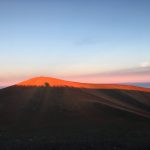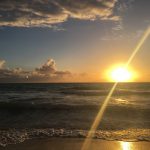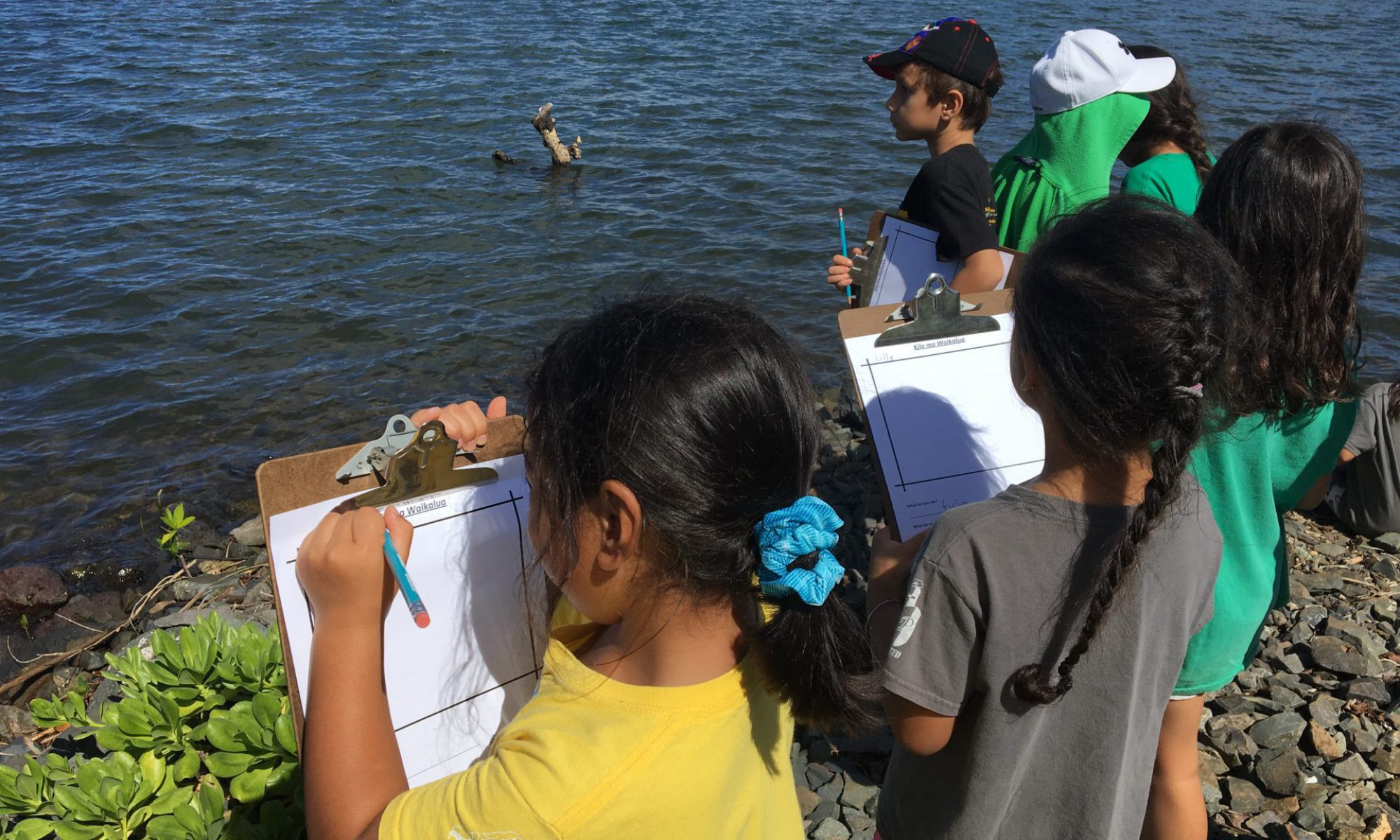




THANK YOU for attending this year’s ʻOhana Engagement Conference.
| TIME | SESSIONS/WORKSHOPS |
| 9AM-9:10AM | WELCOME By Nani Fujiwara |
| 9:20AM-9:50AM | KEYNOTE By Puanani Burgess Building the Beloved Community: Principles and Practice To help participants build a framework of principles, and practices for encouraging and strengthening their ‘ohana as a beloved community. |
| 10AM-10:50AM | Building the Beloved Community: Focus on interactive activities By Puanani Burgess Participants will participate in community building activities like The Weatherball and Guts on the Table |
| 10AM-11:50AM | Ho’ōla Nā Moku o Ke`ehi – Fostering the Regeneration of Ke`ehi By Kēhaulani Kupihea from Mauliola Ke`ehi-Ho`ōla Nā Moku o Ke`ehi & Jason Mehlinger from Division of Aquatic Resources Ke`ehi cradles a millennium of knowledge, inhabited by those familiar with the life and movements of the universe. Ke`ehi is steeped in rich history such as Native historians and residents such as David Malo Kupihea (Konohiki of Ke`ehi), Lupenui `ohana recorded literature and music that meticulously painted the rich beautiful landscape. This wahi pana is a perfect extension of the classroom feeding the spirit, mind and body to provide inspiration to Mālama Honua (preserve earth) through culture-based educational opportunities for keiki through kūpuna. Our intentions are transformative healing through raising our vibrations to our “Kūpuna Vibration”. |
| 11AM-11:50AM | Is your Kula ‘Ohana Friendly?: South Dakota’s Process in Hawai‘i By Morgan VonHaden & Dana Livermont from Black Hills Special Services Cooperative When kula and ‘ohana work together, students achieve more! From the start, families need to know they are essential partners in the success of their children. The first contacts and efforts schools make with families sets the tone for relationship building. But, how do you know if your school is doing the right things to build relationships with families? Learn from our SFEC partners in South Dakota about the Family Friendly Walk Through Process that can be used to assess family engagement in four key areas and how to make impactful and sustainable changes in your school to be more ‘ohana friendly. |
| 1PM-1:50PM | Family-School Partnerships in Action By Angela Matian, Chuan Chinn, & Andrea Alexander from Hawaii Statewide Family Engagement Center/Center on Disability Studies/University of Hawaii-Manoa The University of Hawaii Center on Disability Studies was awarded a 5-year grant from the US Department of Education to establish the Hawaii Statewide Family Engagement Center (HFEC) to support the implementation and enhancement of systemic and effective family engagement policies, programs, and activities that lead to improvements in student development, academic achievement, and school improvement. HFEC has started its school-based family engagement training on Kauai and plans to roll out to neighbor islands. In this presentation, we will cover the dual capacity-building framework for family engagement and research-based practices for successful home-school partnerships. The session will be interactive including open discussions around how family engagement can be used as a strategy for student learning and school improvement, and an opportunity to engage in an exercise by retooling a family engagement event. |
| 1PM-2:50PM | Tools for Success: An ʻOhana Engagement Tool Kit By Missy Agena, Trisha Okawa, & Kēhau Wong from Kamehameha Schools Kealapono ʻOhana Engagement Like the Hawaiian star compass (a compass that uses natural elements such as the rising and setting points of the stars, moon, sun, and planets) this tool kit will be a guide to help you navigate and orient a course toward an effective and sustainable ʻohana engagement program. The strategies found in this tool kit are based on existing research and best practices. |
| 2PM-2:50PM | Pedagogy of Aloha – Engaging Hawaiian ʻOhana of all Ages By Kū Kahakalau, Ph.D. from EA Ecoversity This workshop introduces educators and ʻohana participants to innovative, fun, culture-based strategies, approaches and resources that engage ʻohana in the learning process, empower ʻohana advocacy and develop partnerships between kula, ʻohana and kaiaulu. These strategies are designed to connect learners of all ages to holistic, sustainable, culture-based learning that results in meaningful impact for students, their families and their community, and range from aloha ʻāina workdays, to student-designed community research projects, to sponsoring Kanaka Kitchens, where family and community member cook Hawaiian, or Hawaiian-infused food in the Hawaiian language. |
| 3PM-3:15PM | CLOSING By Mark K. Ellis |
2020 ʻOhana Engagement Conference presented by Kamehameha Schools and Hawaiʻi Statewide Family Engagement Center


